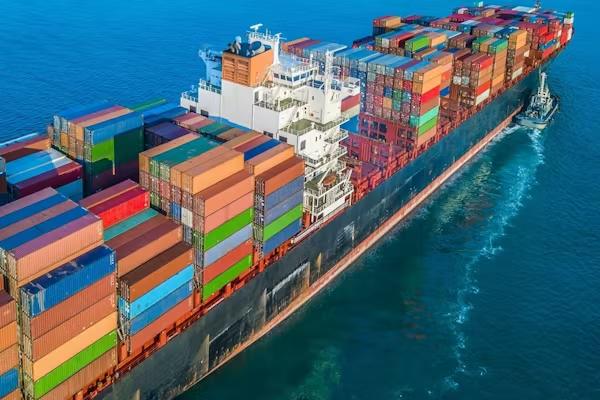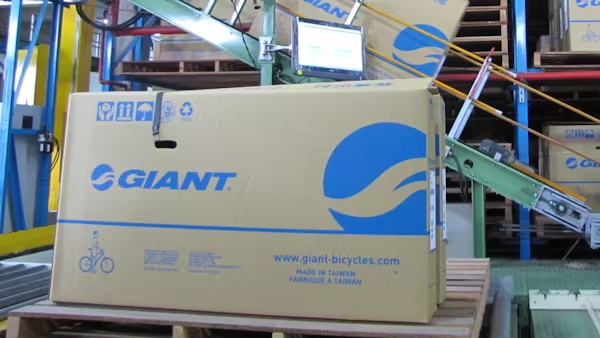Progress and Protest: A Look at the Bicycling Alliance for Sustainability
The cycling community is often seen as a bastion of environmental awareness, but the undercurrents of social responsibility are just as compelling. The recent forum held by the Bicycling Alliance for Sustainability (BAS) during the Taipei Cycle show illustrated just that. With the introduction of a human rights code of conduct aimed at ensuring worker protections throughout the bicycle industry in Taiwan, the event set a positive tone. However, the day took a contrasting turn when a protest shed light on ongoing issues. Here’s a closer look at the highlights and challenges that emerged from this significant gathering.
Positive Steps Toward Worker Rights
The BAS gathered 82 members to discuss steps toward sustainability in the cycling industry—not just in terms of environmental impacts, but also regarding human rights. The newly signed human rights code of conduct represents a concerted effort to provide fair labor conditions for workers involved in bicycle production. Initiatives such as fair wages, safe working conditions, and anti-discrimination policies were central to the discussions. This signifies a pivotal shift in industry standards, underlining the message that cycling enthusiasts care not only about the planet but also about the people contributing to the bike we love.
The Shadow of Protest
Despite the hopeful discussions, the BAS forum was marred by protests from activists who felt the commitments weren’t enough. Demonstrators highlighted ongoing issues in labor practices within the bicycle industry, emphasizing that change should come swiftly rather than being bogged down by bureaucratic delays. This tension between progress and protest reveals the complexities within sustainability initiatives; while positive steps have been taken, the community remains vigilant and demanding accountability. It’s a reminder that social responsibility in cycling won’t go unnoticed, and continued advocacy is crucial for genuine reform.
Balancing Industry Growth and Ethical Responsibility
As the cycling industry continues to grow, balancing expansion with ethical responsibility becomes increasingly important. The forum served as a critical platform for discussing how sustainability can be intertwined with robust business practices. The conversation also touched upon the importance of transparency—how bicycle companies should be open about their supply chains and labor practices. From my own perspective as an avid cyclist and advocate for social justice, it’s crucial that all stakeholders engage in this dialogue. Embracing an ethical approach will elevate brand reputations and forge deeper connections with ethically-conscious consumers.
Conclusion: A Community in Progress
The BAS forum showcased a blend of optimism and urgency, highlighting that the cycling community is on a journey of continuous improvement. While the new human rights code marks a significant step forward, the presence of protests serves as a valuable reminder that the fight for equity and justice is ongoing. As cyclists, we should all engage with these issues more profoundly, advocating for a bicycle industry that prioritizes both sustainability and humanity. The wheels of progress are turning, but it’s up to us to keep pedaling forward, ensuring that every turn contributes to a fairer and greener future for all.
Whether you’re a casual rider or a cycling hobbyist, consider supporting brands that align with these values. Sharing information and engaging in discussions can amplify the call for better practices in the cycling industry, making our beloved sport not just a passion, but a pathway to meaningful change.
Original article: Click here











